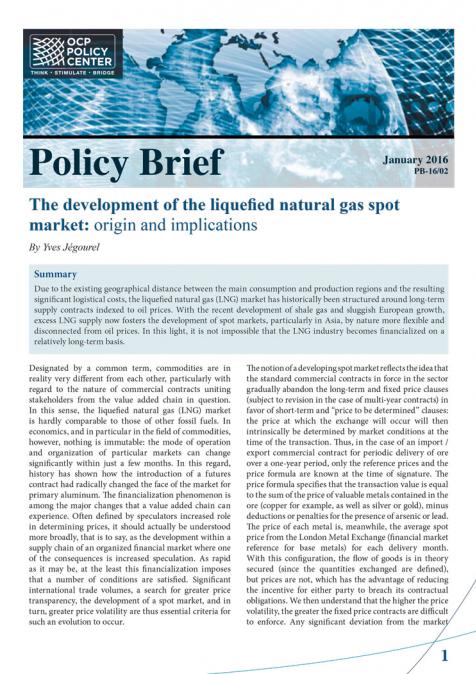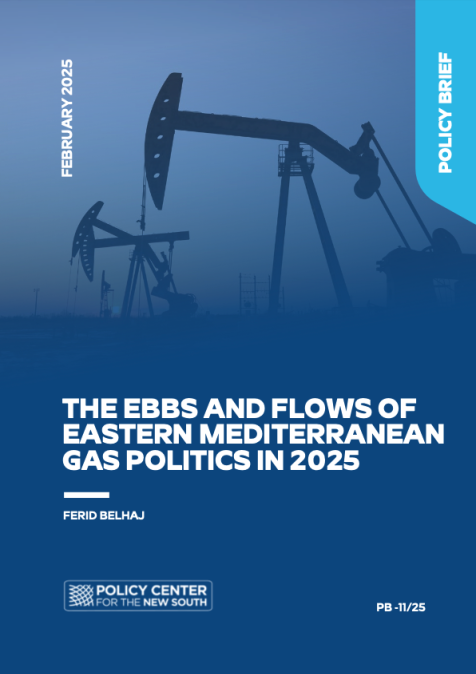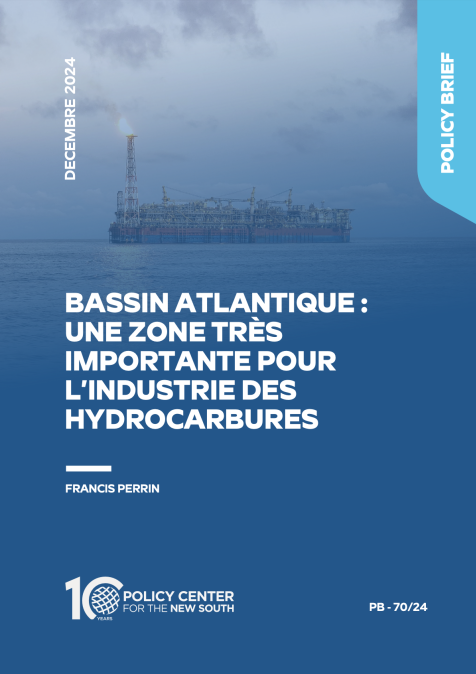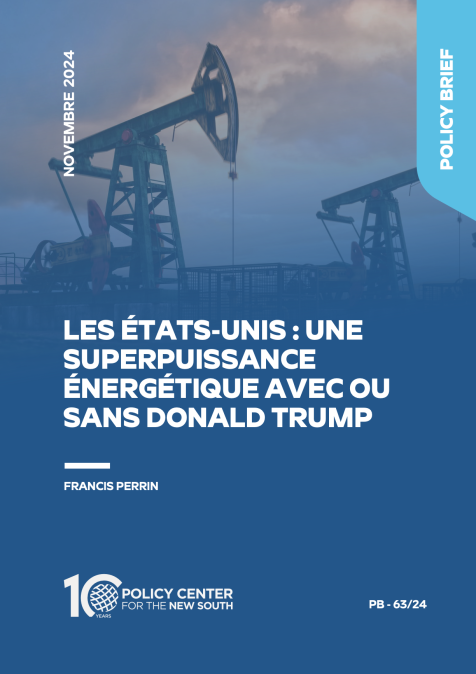Publications /
Policy Brief
Policy Brief
The development of the liquefied natural gas spot market: origin and implications
January 13, 2016
Due to the existing geographical distance between the main consumption and production regions and the resulting significant logistical costs, the liquefied natural gas (LNG) market has historically been structured around long-term supply contracts indexed to oil prices. With the recent development of shale gas and sluggish European growth, excess LNG supply now fosters the development of spot markets, particularly in Asia, by nature more flexible and disconnected from oil prices. In this light, it is not impossible that the LNG industry becomes financialized on a relatively long-term basis.










